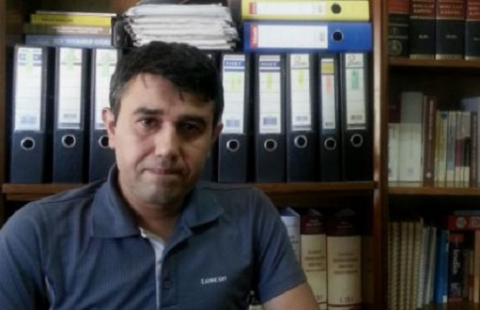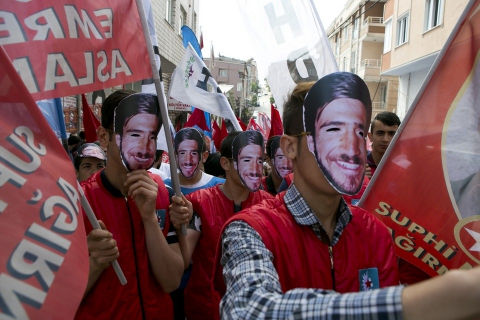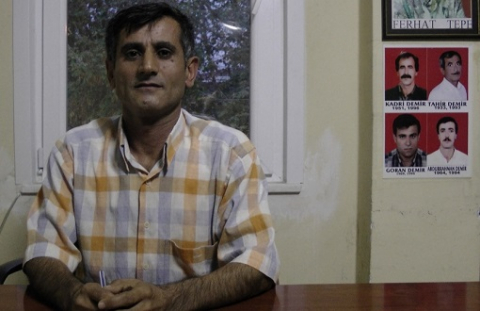
Commenting on the release of former Mayor of Cizre Kamil Atağ who was accused in the JİTEM case of having seven villagers killed, Mehmet Emin Aktar, one of the lawyers party to the case, said “After this, nobody should expect any light to be shed on the unresolved murders.”
The release of Kamil Atağ, whose name was a lynchpin in the JİTEM case and who was accused of commanding the deaths of seven people, was a cause of despair for the victims in the case. Mehmet Emin Aktar, one of the lawyers party to the case and the former President of the Diyarbakır Bar Association, claimed that the JİTEM case has proceeded in a limited and singular manner since the beginning, saying “Kamil Atağ is a local individual and he has power. He was a village guard for the state. His release is an indication of the state position toward this case.”
It transformed into an internal feud
As Aktar reminded us, Kamil Atağ presented reports in court regarding the fact that he had previously been sick. Aktar stated that the court’s decision to release Atağ was justified not because of his sickness but because of the classification of the offense and the state of the evidence as a reflection of state policy. Aktar said the following: “First they released his son, now they released him. When this case was first opened, there was hope among the public, they thought that it would include all of the murders but no new cases started. So this case was not about the state confronting the past, but rather a result of the state’s attitude toward the retired Colonel Cemal Temizöz.
This case was opened as a response to what Temizöz did in Kayseri, as the outcome of making him pay the price for what he did. In other words, the case was opened as a result of internal feuding. This individual was punished in the Balyoz case, so nobody had any hope for any sort of release. Kamil Atağ, however, has local power.
There was critical evidence in the file
Aktar, who said that the decision to release Atağ would make the case fall apart, said the following: When this case was being opened it was seen as limited and singular. A similar process happened at Ergenekon. Because these actions are directed toward Kurds, nobody is being accused. Nobody is accused and cases haven’t been opened because these crimes were committed east of the Fırat River, in the places where Kurds live. All of the justifications were in the file so that he wouldn’t be released. In the end, there were just too many efforts to obscure evidence, pressure witnesses, and control them.” (Ertan Altan – Taraf)



